Cabinet Secretary (CS) for Tourism, Wildlife, and Heritage Peninah Malonza has held a discussion with Kwale Governor Fatuma Achani to find an amicable solution to the challenges of human-wildlife conflict that have affected the county in the recent past.
CS Malonza who was accompanied by her Mining, Blue Economy, and Maritime Affairs counterpart Salim Mvurya noted that it is important for the national government to have a dialogue with devolved units over the issues of human-wildlife conflict.
Ms. Malonza said she was in the coastal county to hold discussions with various stakeholders to appreciate the problems of human wildlife.
She noted that human-wildlife conflict is a key issue in dealing with wildlife conservation as there are a number of communities living near and around protected areas in the country.
She asserted the major causes of human-wildlife conflict in the country are human settlement in wildlife corridors, stream bank cultivation, deforestation, expansion of arable land into forested areas, and poaching.
CS Malonza added the national government is committed to working towards reducing cases of human-wildlife conflict across the country.
“We are in Kwale to discuss with the local leadership ways of mitigating the perennial human-wildlife conflict in the region,” said Malonza, adding that the government is working on robust strategies to control human-wildlife conflicts.
She went further, ‘We are going to meet all stakeholders in the counties to find lasting and amicable solutions to the conflicts between communities and wild animals’.
Ms. Malonza said her ministry is stepping up efforts to ensure that wildlife is contained in their habitats in a bid to minimize deaths, injuries, and crop destruction, especially during drought seasons.
She said there is a need for government agencies to collaborate across departments and ministries to effectively handle the longstanding problem of human-wildlife conflict.
“As human-wildlife conflicts soar around the country, so do calls for compensation and that is why my ministry has developed an insurance scheme to compensate victims killed by wild animals,” she said, adding that it’s not the government’s desire that communities live in endless conflict with wild animals.
CS Malonza said the recent severe drought has pushed wildlife from their natural habitats into human settlements searching for water and pasture exacerbating human-wildlife conflicts.
The CS urged the people not to resort to killing the wild animals when they spot them but asked them to report to the KWS.
On his part, CS Mvurya said the discussion centered on how KWS is dealing with the human and wildlife menace, and training of beach operators to boost tourism in the region through partnership with county governments.
He said enhancing the protection of natural habitats for wildlife species is key to sustainable tourism and the livelihood of communities around conservancies.
Governor Achani who received the delegation that included the Principal Secretary (PS) for Tourism John Ololtua and the Kenya Wildlife Service (KWS) Board of Trustees Chair Lt. Gen. (Rtd.) Walter Koipaton among other government officials said elephants have been killing and maiming people and destroying crops making the situation susceptible to food insecurity.
“Together with my Deputy Governor Chirema Kombo, we have discussed several issues with the two CSs, the PS, and the team from KWS on matters of tourism in Kwale county, and ways to solve human-wildlife conflict cases that have been reported,” she said.
She said human-wildlife conflicts have been on the increase exacerbating food insecurity and negatively impacting the well-being of the local communities.
She went further, ‘The CSs assured us that they will collaborate with my administration to ensure that Kwale fully benefits from its resources in the blue economy and tourism sectors’.
The county boss noted that often, human–wildlife conflict is borne out of competition for limited resources, including water and pasture, and space to live.
Achani says the county encompasses a sizable portion of nature reserves which are also hotspots for human–elephant conflict.
She said drought has become a major cause of human-wildlife conflict in the region and the high-level meeting sought to find ways of safeguarding the coexistence between wildlife and communities around game parks.
Kwale County has several national parks, game reserves, and marine parks and in almost all these, local communities have voiced their concern over the increasing human-animal conflict.
According to the International Union for Conservation of Nature, human-wildlife conflicts are becoming more frequent, serious, and widespread because of human population growth, agricultural expansion, infrastructure development, climate change, and other drivers of habitat loss.

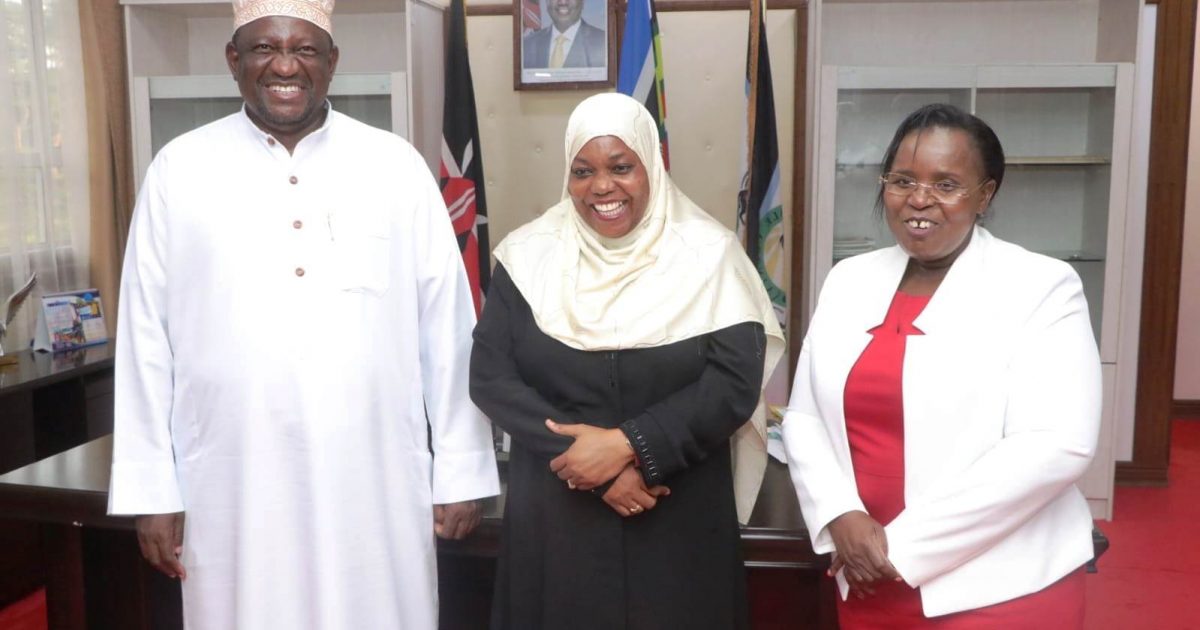
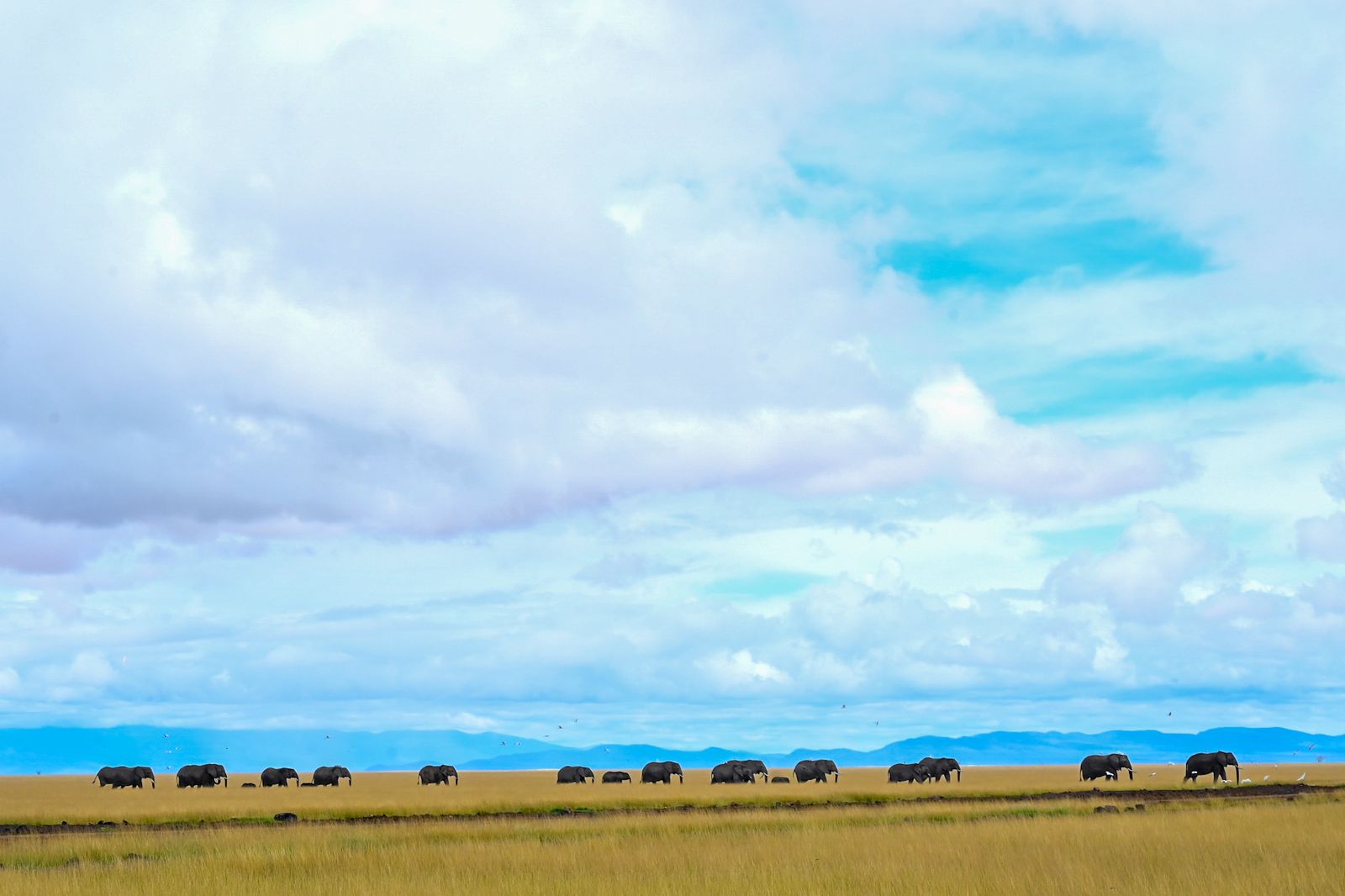
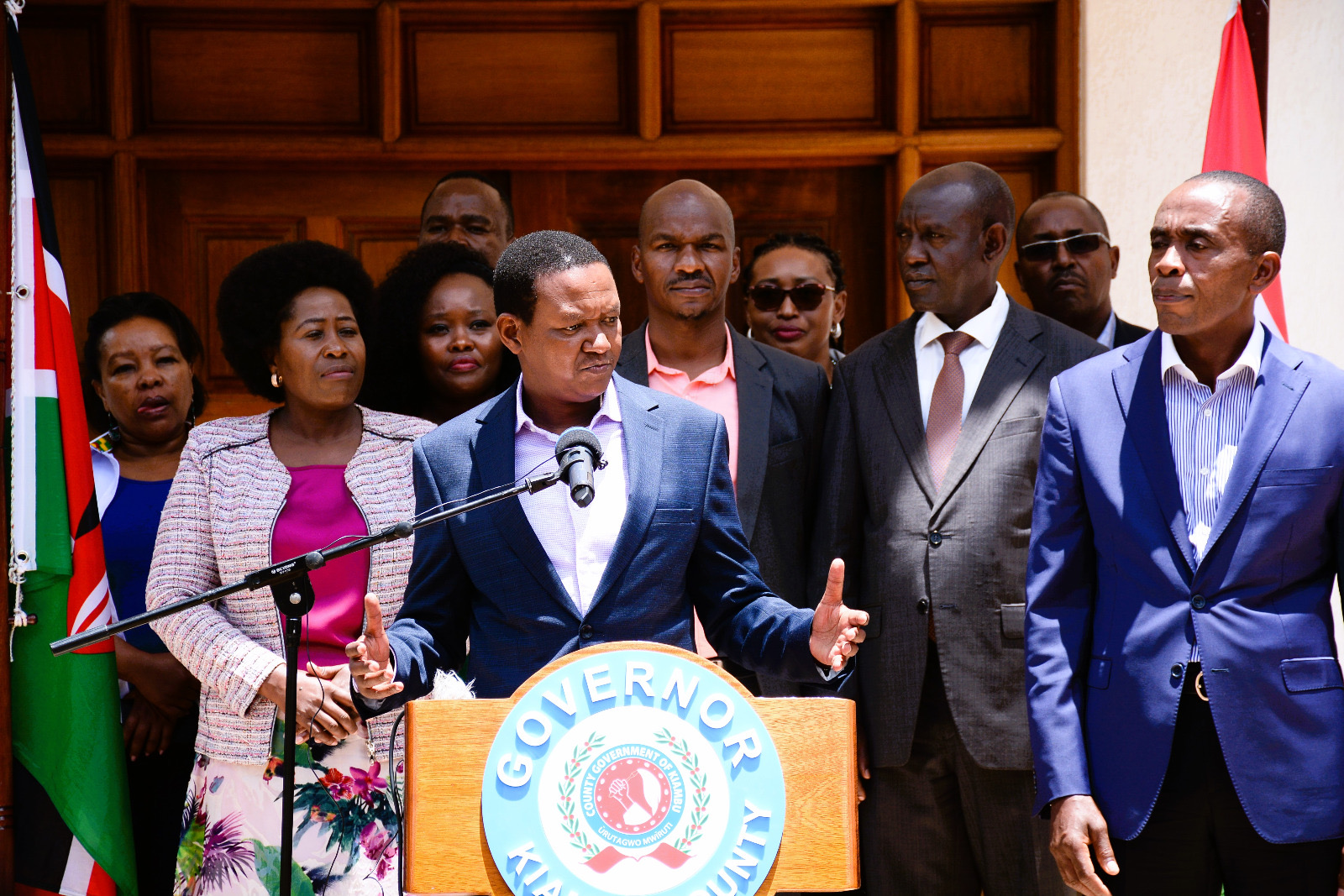
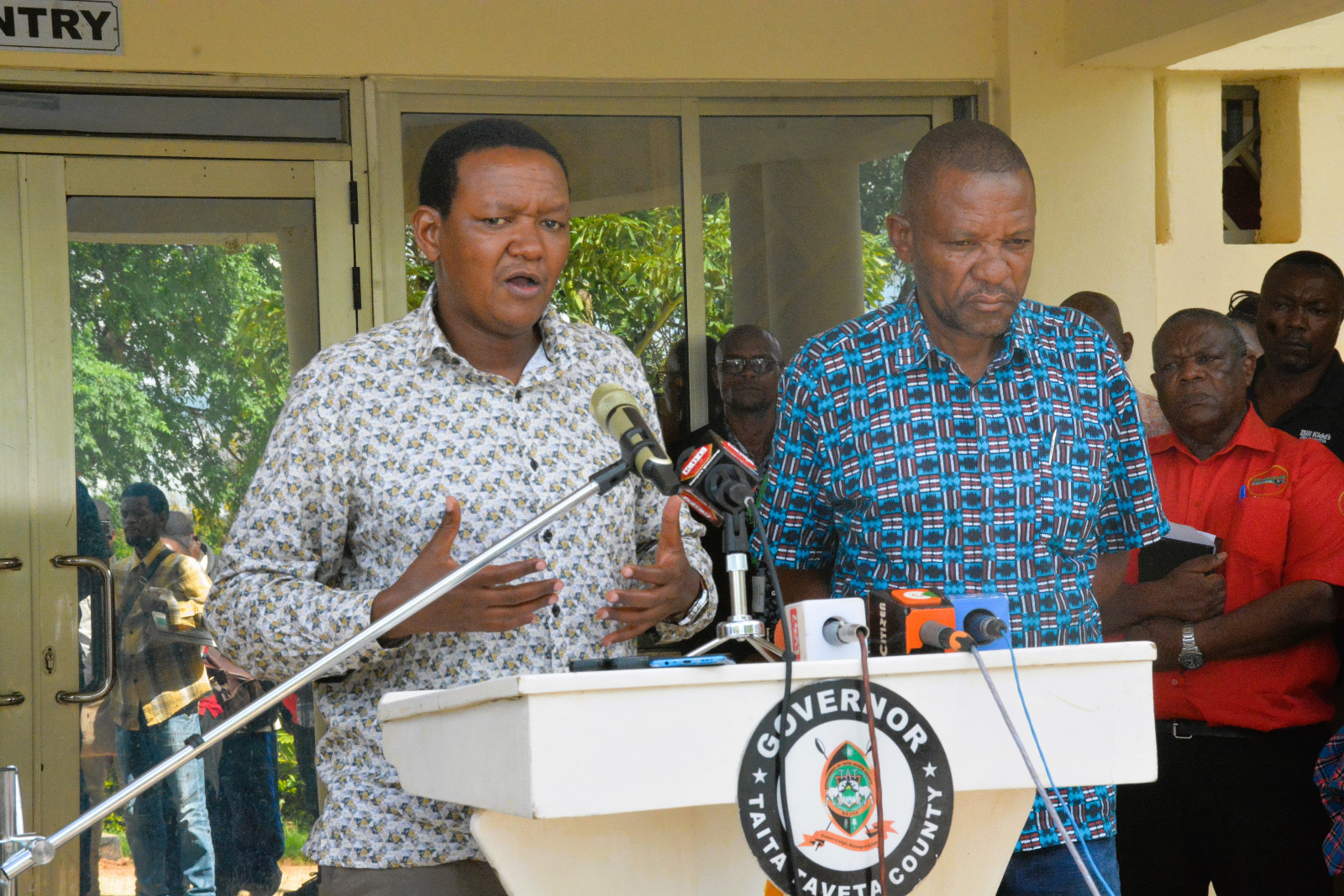
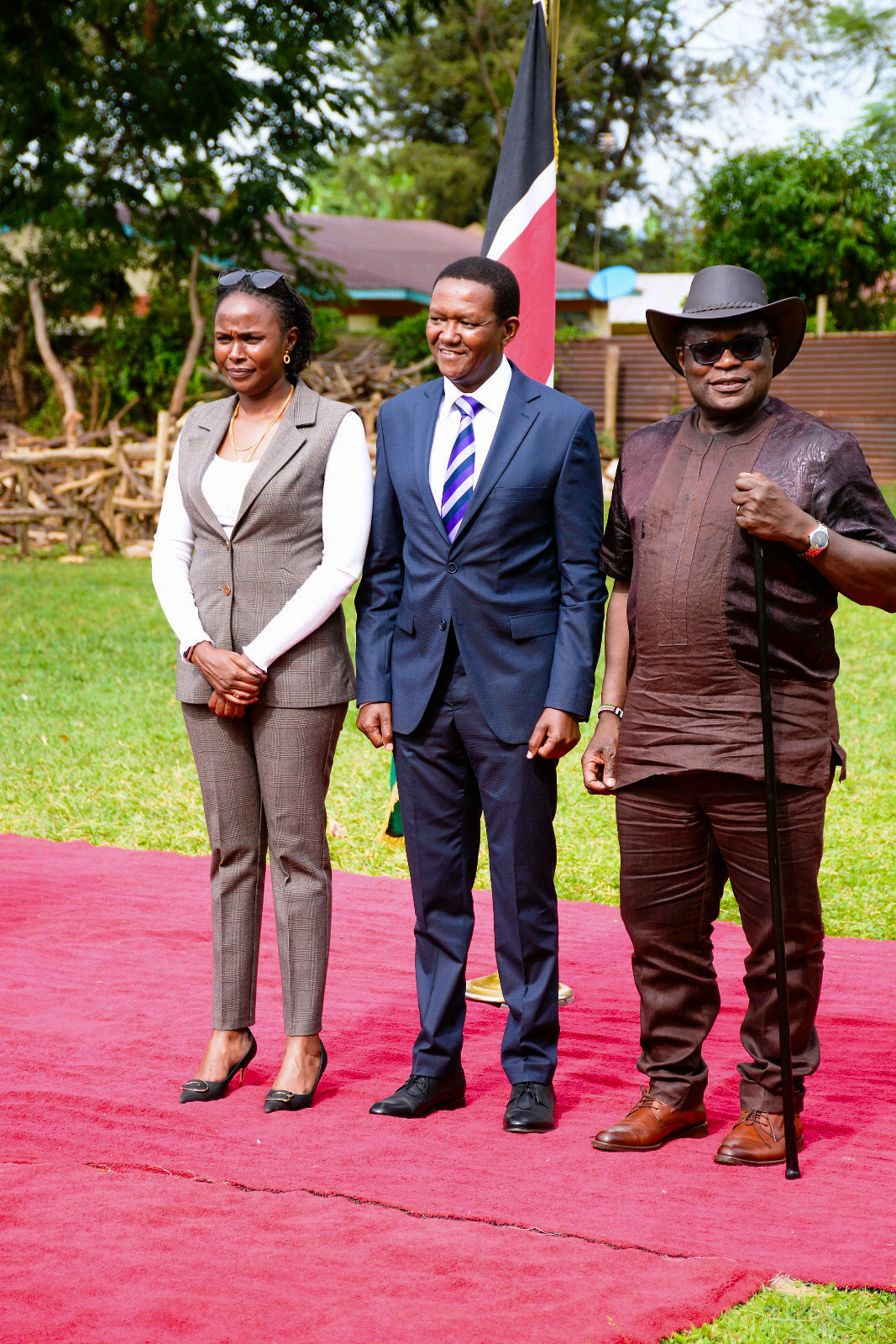
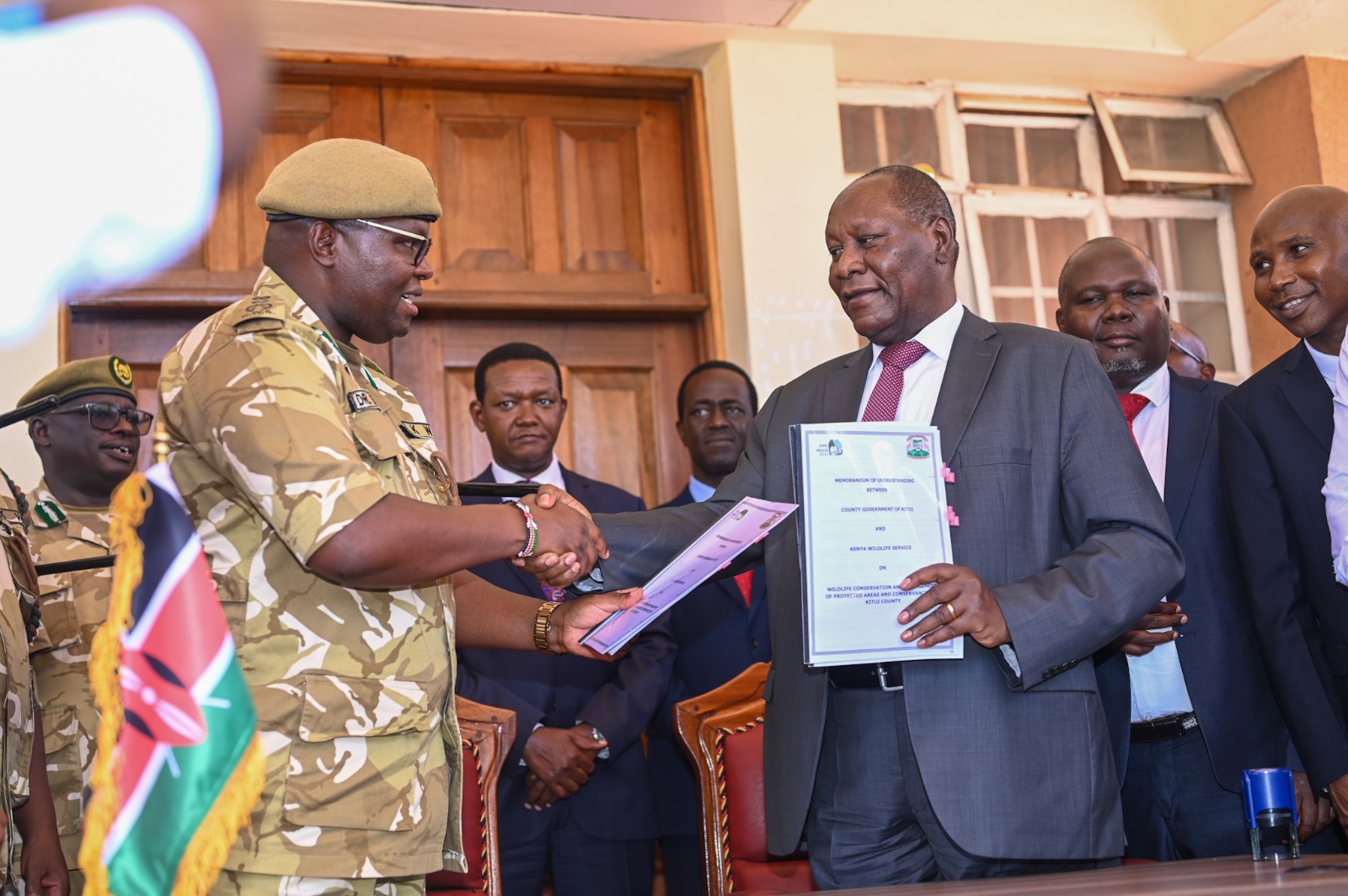
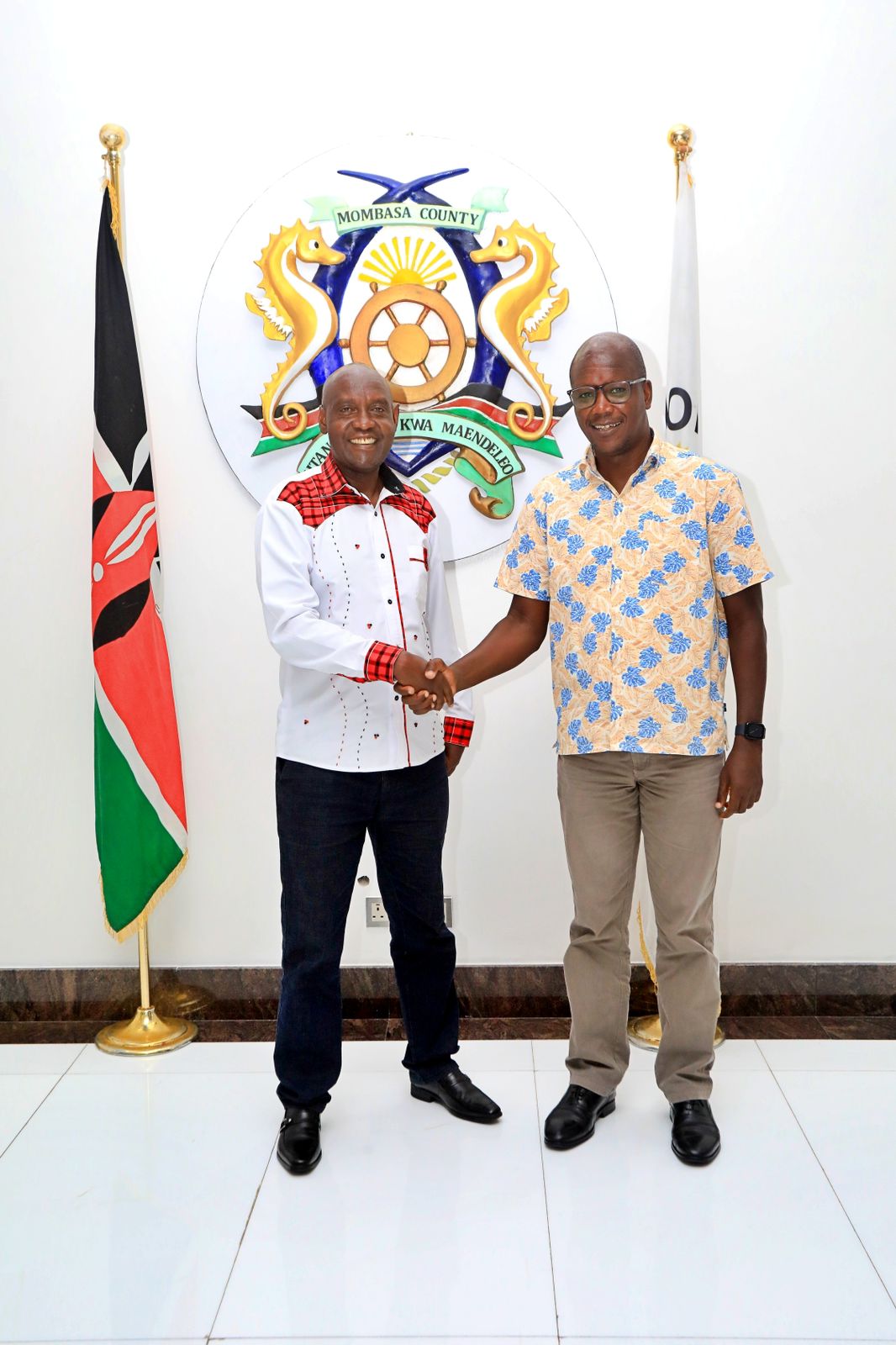
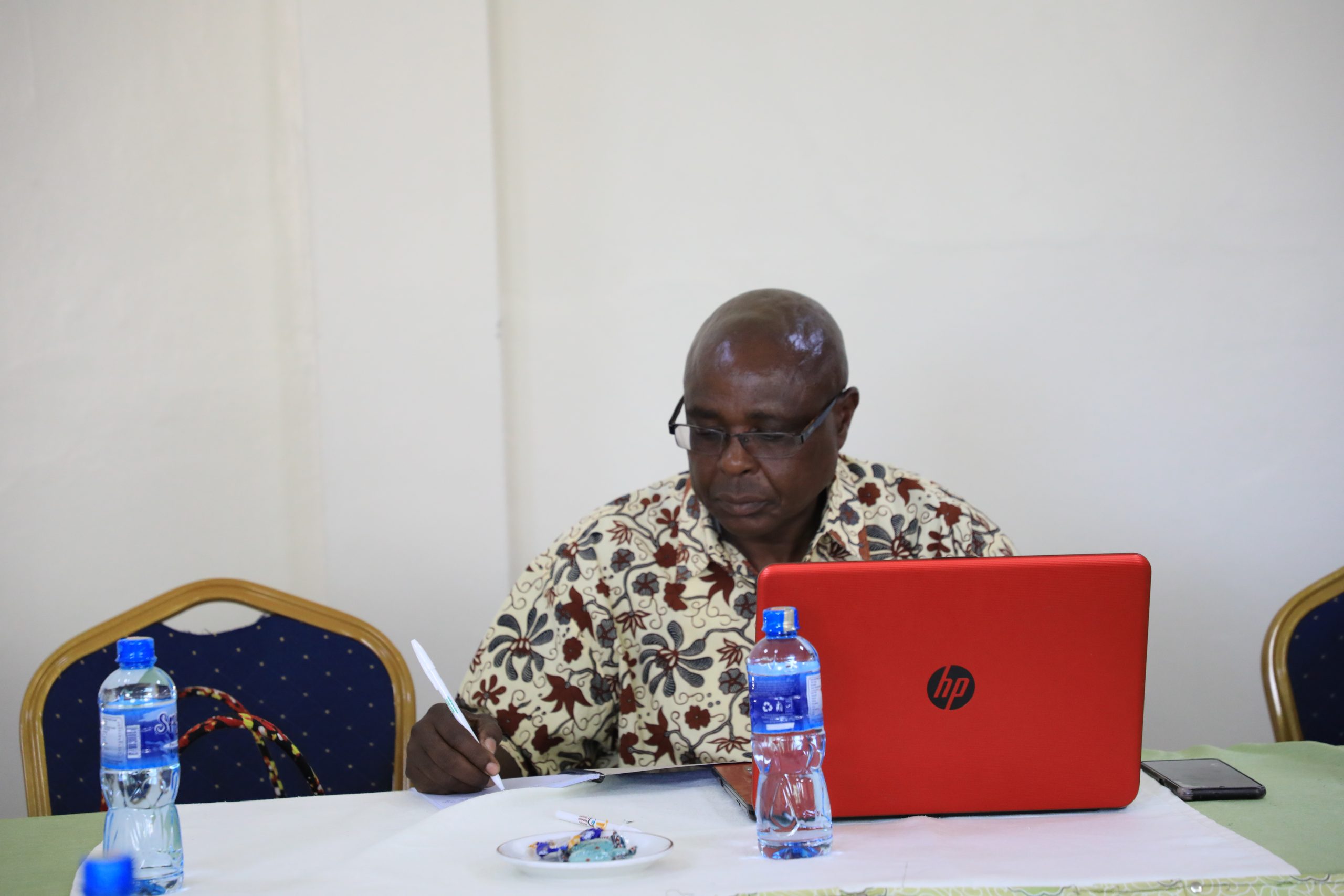
Leave A Comment